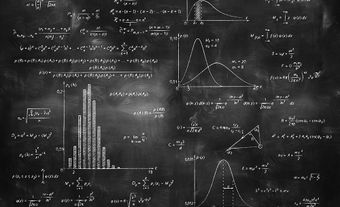Coxeter, Harold Scott MacDonald
Harold Scott MacDonald Coxeter, "Donald," mathematician (b at London, Eng 9 Feb 1907; d at Toronto, 31March 2003). Coxeter received his BA (1929) and PhD (1931) at Cambridge. He was a research fellow there from 1931 to 1935, spending 2 years as research visitor at Princeton. He joined the University of Toronto's mathematics department in 1936, becoming full professor in 1948 and professor emeritus in 1980.
His area of expertise was in regular and semi-regular polytopes, non-Euclidean geometry, group theory and combinatorial theory. In 1926 he discovered a new regular polyhedron with 6 hexagonal faces at each vertex, and in 1933 enumerated the n-dimensional kaleidoscopes. His name has been given to discrete reflection groups - Coxeter groups. He was editor-in-chief of the Canadian Journal of Mathematics (1949-58) and president of the International Congress of Mathematicians (1974). A friend of M.C. Escher and an inspiration to R. Buckminster Fuller, he published over 165 scientific papers and wrote or co-wrote 12 books, including Non-Euclidean Geometry (1942), Introduction to Geometry (1961) and Kaleidoscopes (1995), and he assisted in editing M.C. Escher: Art and Science (1986).
A fellow of the Royal Society of Canada and the Royal Society of London, Coxeter received 9 honorary degrees and was a visiting professor at universities around the world. In 1950 he received the Royal Society of Canada's H.M. Tory Medal for outstanding contribution to mathematics. In 1995 he was awarded the first CRM/Fields Institute Prize for research and the Canadian Mathematics Society Distinguished Service Award, and in 1997 the Royal Society of London bestowed on him the Sylvester Medal for distinguished research in pure mathematics. In 1997 he became a Companion of the Order of Canada.

 Share on Facebook
Share on Facebook Share on X
Share on X Share by Email
Share by Email Share on Google Classroom
Share on Google Classroom

